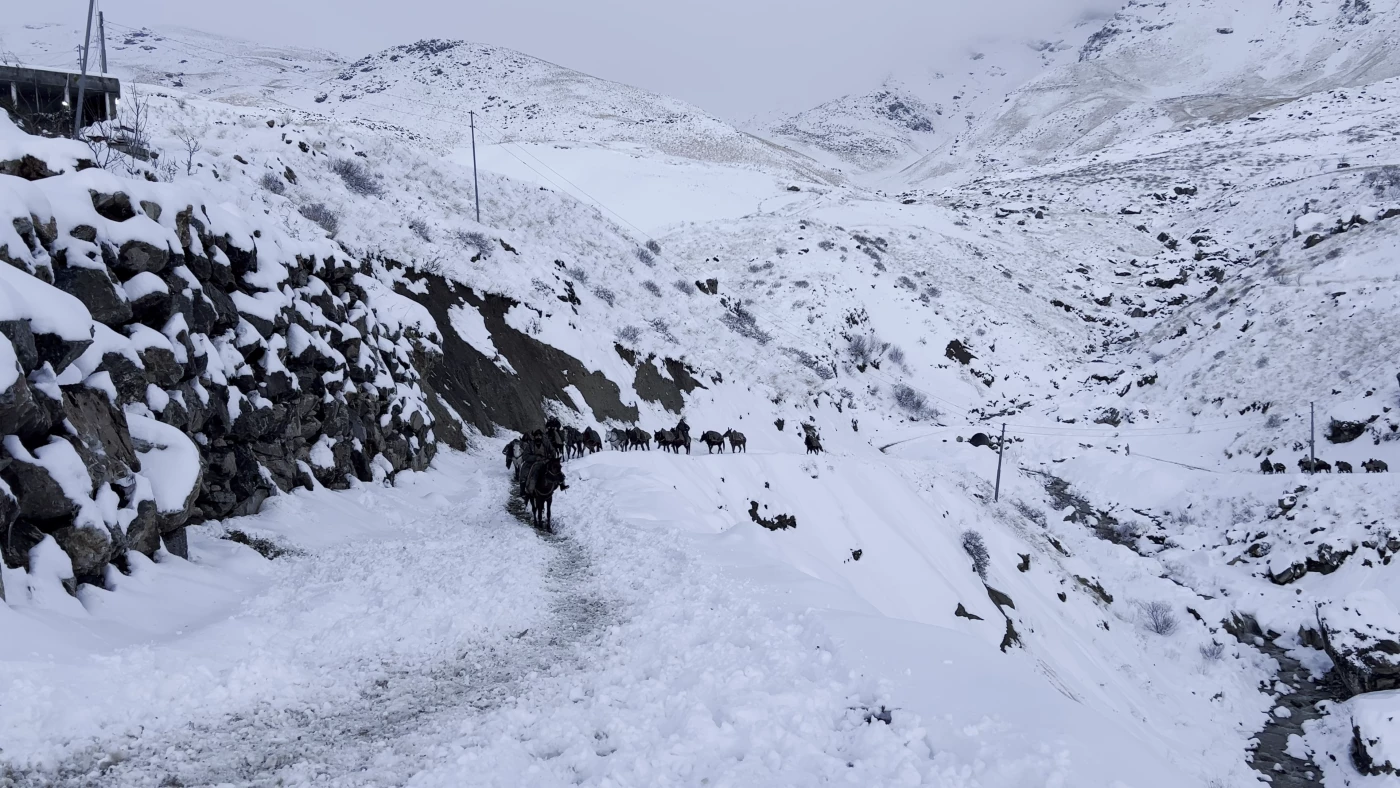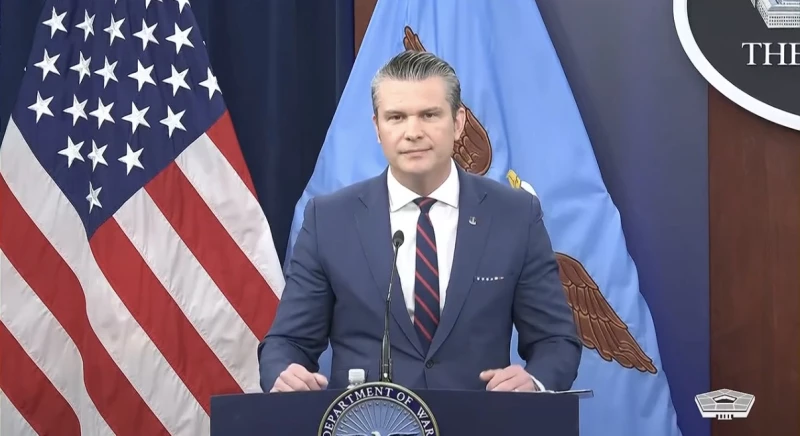ERBIL, Kurdistan Region of Iraq - Direct military gunfire and environmental factors killed at least 59 kolbars in Iran in 2024, and 286 others suffered various injuries while traversing the highly hazardous routes, according to a monitor.
“The past year, under the shadow of broader political, military, and economic crises in Iran, has worsened the conditions for the impoverished and vulnerable sectors of society, including kolbars,” Kolbar News, a network monitoring violations against kolbars in Iran, said in its annual report on Tuesday.
The report said that the number of Kolbar deaths and injuries for 2024 was up 15 percent from the previous year.
Of the 59 kolbars dead, at least 44 were killed to due direct gunfire from military forces, mainly Iranian border guards, according to Kolbar News. The remaining 15 kolbars lost their lives to environmental factors including frostbite, falling from heights, and traffic accidents while being chased by security forces.
At least 216 kolbars were injured after being shot by Iranian border guards, and 26 others were beaten by the forces. The monitor reported one case of a kolbar being injured by gunfire from Iraqi border guards, and 13 cases of beatings.
2024 also saw an increase in the number of kolbars below the age of 18, with at least 21 young kolbars injured and one dying due to frostbite.
“The increasing presence of children and adolescents, the elderly, educated classes, and even women in this phenomenon indicates the intensification and expansion of this crisis,” read the report.
Due to increasing poverty rates and government neglect in the country’s western provinces, many resort to working as a kolbar.
Kolbars are only a small organ in a much larger and profitable body. People with no other options to make ends meet, often carry tens of kilos of different goods on foot across mountainous and snowy borders patrolled by brutal Iranian border guards.
While businessmen make loads of money through such trade, kolbars are given only a tiny portion of the money, sometimes barely enough to put food on their table.
“The consequences of warmongering, rising inflation, unemployment, and intensified economic restrictions have turned kolbari into an unavoidable choice for families grappling with chronic poverty and unemployment,” said Kolbar News in its annual report.



 Facebook
Facebook
 LinkedIn
LinkedIn
 Telegram
Telegram
 X
X


